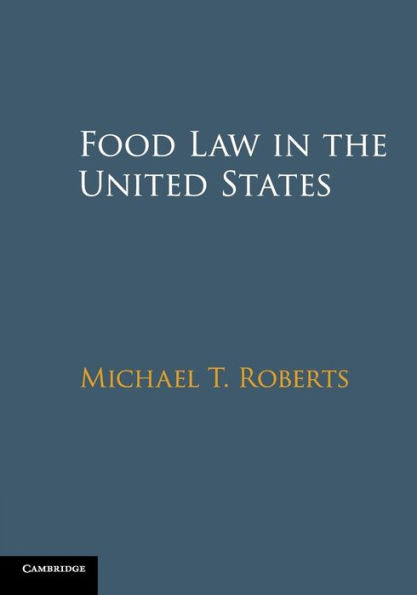Home
Faith On Trial: Religion and the Law in the United States
Loading Inventory...
Barnes and Noble
Faith On Trial: Religion and the Law in the United States
Current price: $20.00


Barnes and Noble
Faith On Trial: Religion and the Law in the United States
Current price: $20.00
Loading Inventory...
Size: OS
*Product Information may vary - to confirm product availability, pricing, and additional information please contact Barnes and Noble
“Anyone who has ever been confused by a Supreme Court decision or unsure of how to embody religious freedom in their own life now has a lawyer, and a pastor, they can trust.” —Dan McKanan, author of
Prophetic Encounters
Books about religion and the law tend to be highly technical or aimed primarily at religious conservatives. In
Faith on Trial: Religion and the Law in the United States
, legal scholar and Unitarian Universalist minister Mark J. T. Caggiano argues that concerns about separation of church and state often serve to silence the viewpoints of religious progressives, many of whom exit the conversation in the hope of protecting important social issues from religious infighting. But it is impossible to win a debate that you never join, and as Caggiano writes, it is paramount in these times that “religious liberals and progressives cultivate and refine an ability to articulate the need for moral changes within the political system. That goal will require an understanding of the law as well as a moral vision for the world.”
Complete with historical context, legal analysis, and specific examples of cases and statutes,
Faith on Trial
is an invitation to religious progressives and moderates to help put social progress and inclusion at the center of the national conversation about religion and the law.
Prophetic Encounters
Books about religion and the law tend to be highly technical or aimed primarily at religious conservatives. In
Faith on Trial: Religion and the Law in the United States
, legal scholar and Unitarian Universalist minister Mark J. T. Caggiano argues that concerns about separation of church and state often serve to silence the viewpoints of religious progressives, many of whom exit the conversation in the hope of protecting important social issues from religious infighting. But it is impossible to win a debate that you never join, and as Caggiano writes, it is paramount in these times that “religious liberals and progressives cultivate and refine an ability to articulate the need for moral changes within the political system. That goal will require an understanding of the law as well as a moral vision for the world.”
Complete with historical context, legal analysis, and specific examples of cases and statutes,
Faith on Trial
is an invitation to religious progressives and moderates to help put social progress and inclusion at the center of the national conversation about religion and the law.


















